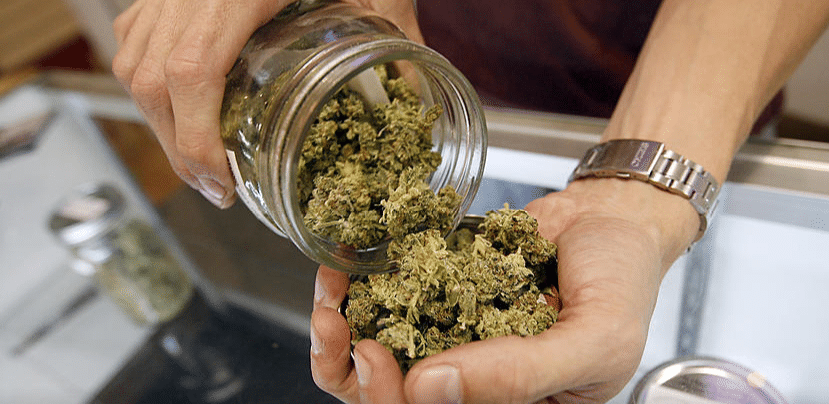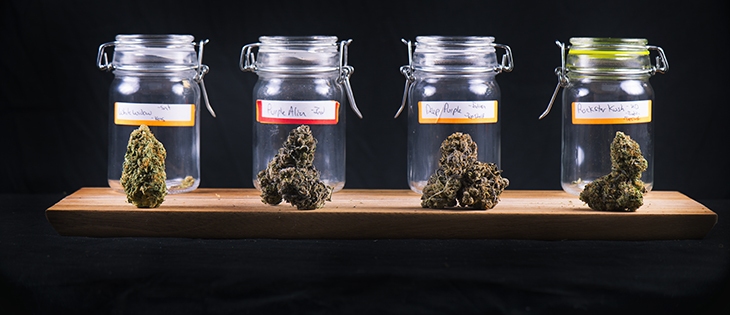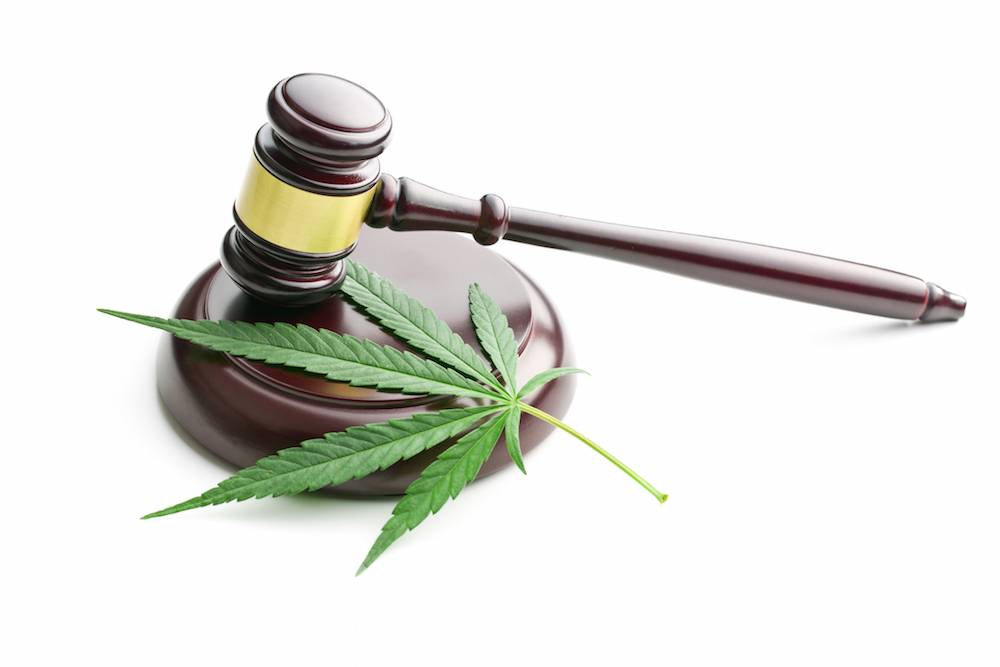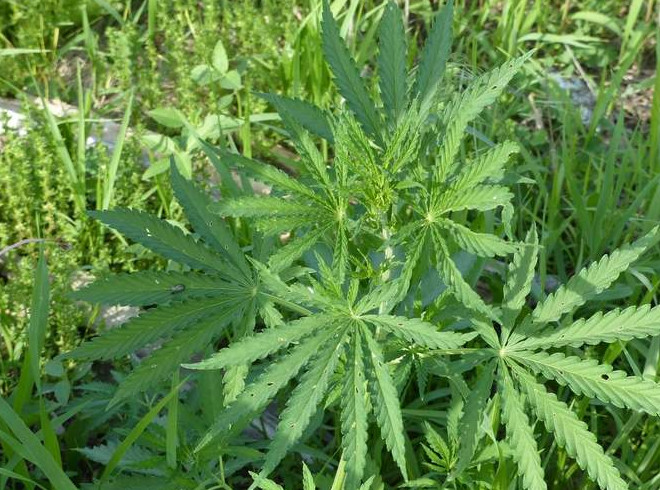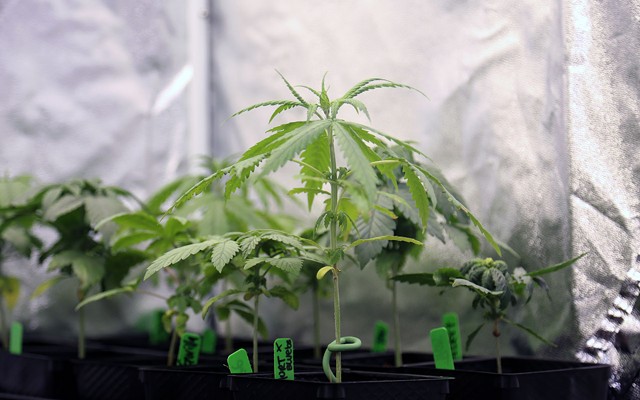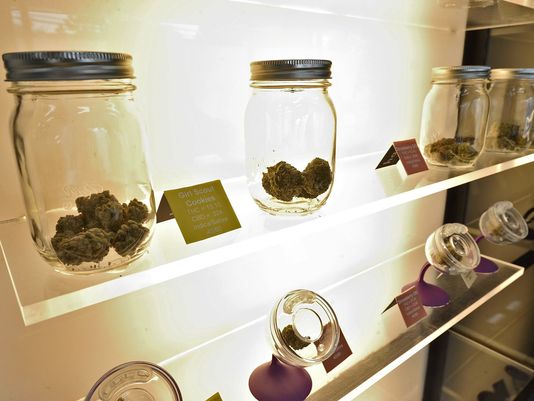Michigan voters have spoken, and Proposal 1 has passed. Recreational marijuana use will soon be legal in the state of Michigan.
As a physician, I’m disappointed, but most notably concerned — concerned about the health and well-being of my friends, family, patients and fellow Michiganders. There is enough scientific evidence and firsthand experience from other states that have already gone down this path for me to know those concerns are not unfounded.
But now is not the time to lament — there is nothing productive in that. Instead, it’s time to educate. And in the face of changing societal attitudes and relaxing state and local policy regarding recreational drug use, the need to raise awareness on the dangers associated with the normalization of marijuana use has never been greater. Physicians and other medical professionals will need to be the ones to step up and lead on this front and that renewed effort starts in earnest right now.
In many ways, we already known what to expect. The experience of states like Colorado and others that have been quick to legalize marijuana has shed a light on many of the more immediate negative consequences we can anticipate in the coming years. Emergency room visits, marijuana-related hospitalizations, crime and traffic deaths — all will rise in years ahead, costing Michiganders millions of dollars, and more importantly, resulting in the unnecessary loss of human life. But just as troubling are the potential long-term consequences associated with relaxing laws and attitudes on marijuana use.
It has long been common practice for physicians to advise pregnant and nursing mothers to stop using marijuana and for good reason: Existing research indicates exposure to tetrahydrocannabinol (THC) — the primary mind-altering chemical found in cannabis —negatively affects infant brain development, resulting in potential cognitive development problems and behavioral issues that can plague cannabis-exposed youth well into their teen years.
Despite these consequences, it seems that advice is increasingly ignored.
In 2015, the American Journal of Obstetrics and Gynecology analyzed data from pregnant and non-pregnant women provided to the Natural Surveys on Drug Use and Health. They found that 70% of women in both categories saw only slight or no risk of harm in using marijuana a few times a week.
Anywhere from 34 to 64 percent of marijuana users continue using through the course of their pregnancy according to a report published by the American College of Obstetricians and Gynecologists (ACOG).
And it’s not just the infants that need our concern — marijuana has known adverse effects on adolescents as well. The human brain does not reach maturity until around age 25 and using marijuana before then can result in several negative effects not limited to psychosis, lower IQ compared to nonusers and addiction. In fact, according to the National Institute on Drug Abuse, one in six teens who use marijuana become addicted to its use. It is now the number one reason kids enter treatment for substance abuse.
Normalization through legalization only serves to reinforce these troubling statistics.
That research in this area is limited strengthens the argument for pumping the breaks on recreational marijuana. We do not yet fully understand all of the consequences associated with cannabis use and exposure, and mixing that use with other substances such as alcohol and medications. That’s something we must work to rectify.
And in the immediate term, the physician community must seek out ways to partner with the state and other stakeholders to effectively communicate to the public the dangers associated with marijuana use. Marijuana is a dangerous Schedule 1 controlled substance and the physician community has a responsibility to see that the public, and especially our youth and pregnant women, are aware of its potential and known risks — the passage of Proposal 1 does not change that.
Just because a majority of voters have determined that recreational marijuana use should be legal in Michigan does not mean it’s safe. That needs to be the message, and the responsibility for broadcasting it now rests on all of us.
Credit: freep.com


